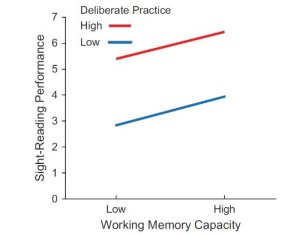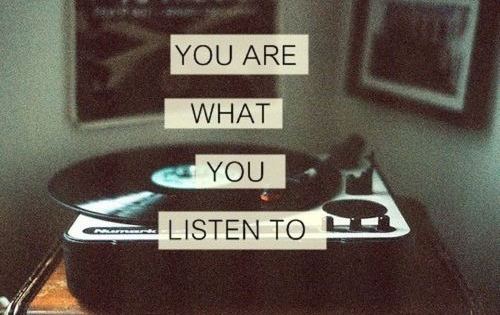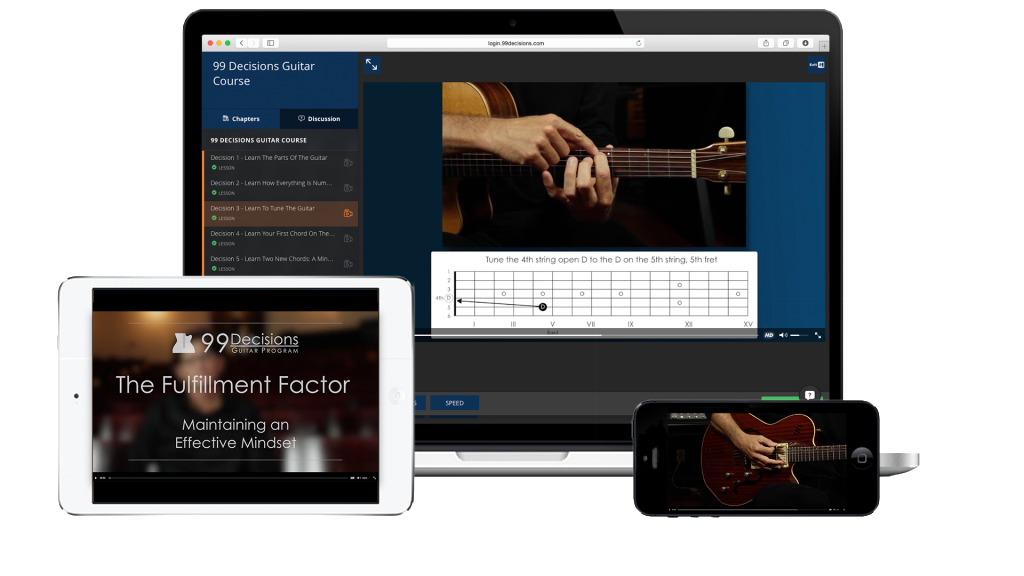Nobody has to go to school to learn how to listen to music.
We are exposed to it from the moment of birth. Or sooner. A fetus develops hearing after about sixteen weeks (Shahidullah and Hepper, 1992) so I guess there might be something to parents putting headphones on the mother’s belly to get a prenatal start on the programming of music “code” into our brains.
The point is that after years of constant musical assault on the senses, music and its rhythms & melodies & harmonies have become a part of us… just like language & motor skills & rest of our senses.
I believe that a good source of confidence can come from focusing on the belief that with your own life-long music listening experience, it is reasonable to assume that you have a fully developed innate sense of time and of pitch. Otherwise, music would not make any sense to you. The subconscious mind has heard so much music that you are well-equipped to learn to function as a musician… providing, of course, that you put the time in to develop the skills in the cognitive realm of your mind and the kinesthetic realm of your body.
I deal with a lot of students who start off with a limiting belief about their own personal innate “talent” for music. The reality is that any accomplished musician had to put a tremendous amount of effort (i.e. practice time) into the development of what skills they possess.
People who seem to have talent that they “are born with” quite often are fundamentally highly developed in other cognitive & emotional skills, such as their ability to focus on something for extended periods of time, or their ability to stay disciplined in their time management. And there is a lot to be said for possessing an ability to focus on positive affirming beliefs about one’s own abilities in any area of their life.
I understand the desire of people to create the romantic notion of someone being born with a talent for something. It’s just that as a music educator, I have a different experience with the concept in that I am working with individuals & groups of people who have little to no musical performance experience and, with the right direction and their own right attitude & consistent efforts, they all get to a reasonable level of musical ability.
I have this conversation about talent very often & I enjoy different perspectives from different people, students & teachers. At the end of the day, anyone I’ve read about how who is a successful musician, professional or hobbyist, put in the time it took for them to get to where there are.

I have no idea what this chart means. I found it on Google. But I’m pretty sure it support my point in some way.
I don’t believe there is any singular truth to all of this in life. But it is an interesting subject & I never cease to be fascinated with the levels of musical ability that one can achieve, sometimes without any understanding of music theory & traditional technique.
For more on these notions, I recommend these books…
‘Outliers‘ by Malcolm Gladwell
‘This is Your Brain on Music‘ by Daniel Levitin
‘Musicophilia‘ by Oliver Sacks



Leave A Response